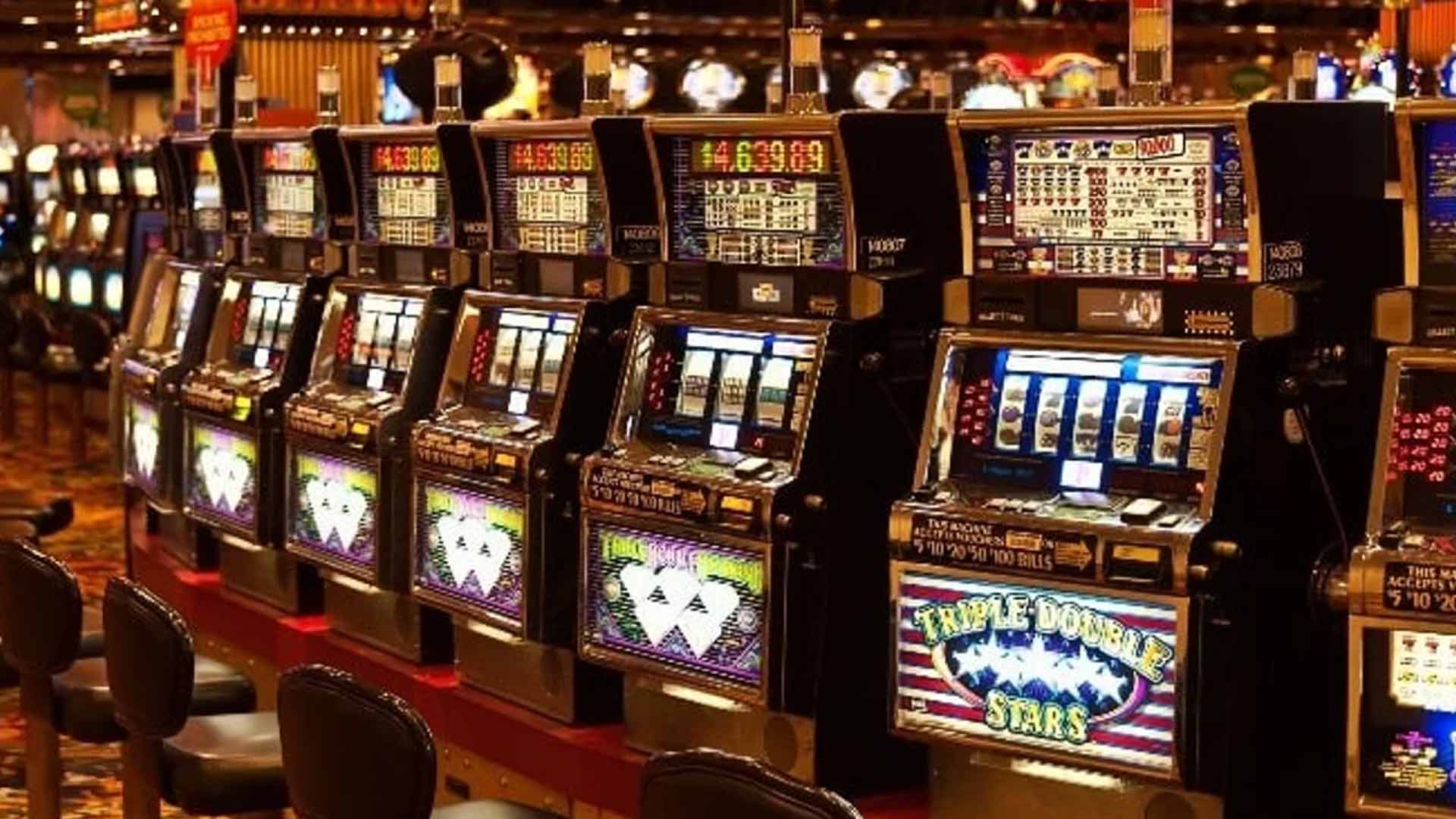The Casino Mirage Unfolded

The Casino Mirage Unfolded
The shimmering lights, the alluring promise of fortune, the intoxicating atmosphere – the casino is a carefully constructed mirage. It's a world built on psychology, probability, and a deep understanding of human desire. This article delves into the illusion, dissecting the strategies employed to keep players captivated and the underlying realities often obscured by the glamorous facade.
For many, the casino represents an escape. A chance to temporarily shed the burdens of daily life and pursue the dream of striking it rich. This fantasy is meticulously cultivated. The design, the layout, even the music, are all strategically chosen to influence behavior. High ceilings and open spaces create a sense of freedom, while the absence of clocks and windows disorients the player, blurring the perception of time.
The casino uses a variety of psychological techniques to influence players. One key principle is the "near-miss effect." This is the feeling of almost winning, which can be even more compelling than winning itself. The flashing lights and celebratory sounds associated with a near-miss trigger the same neurological response as a win, fueling the urge to continue playing. This is particularly evident in slot machines, where the visual and auditory feedback are designed to maximize this effect.
Another potent influence is the "gambler's fallacy." This is the mistaken belief that if something happens more frequently than normal during a given period, it will happen less frequently in the future (or vice versa). Players often believe that a series of losses makes a win "due." Casinos are designed to exploit this misconception. The reality, however, is that each game is independent, and the odds remain the same, regardless of previous outcomes.
The house always has an edge. This is the fundamental principle upon which casinos are built. The odds are calculated in favor of the house, ensuring that, over time, they will always profit. This edge can vary depending on the game, but it's always present. The casino's success isn't dependent on any single player's luck; it's based on the statistical certainty that the house will win in the long run.
Compounding the inherent odds is the element of addiction. Casinos offer easy access to gambling, coupled with the addictive nature of the games themselves. The thrill of risk, the dopamine rush of a win, and the hope of chasing losses create a powerful cycle that can be difficult to break. This is why responsible gambling and knowing your limits are crucial for any player.
Beyond the games themselves, casinos employ sophisticated marketing strategies to attract and retain players. Loyalty programs, comps (complimentary perks), and targeted advertising are all used to cultivate a sense of exclusivity and reward. High-rollers are often showered with lavish treatment, further incentivizing them to gamble more. Understanding these marketing tactics is essential for making informed decisions.
The allure of the casino is undeniable. It's a place where fortunes can seemingly be made and lost in the blink of an eye. But behind the glitz and glamour lies a carefully crafted mirage. A deep understanding of the psychological tactics, the house edge, and the risks of addiction is crucial for anyone who chooses to enter this world. Always remember to gamble responsibly. For those looking for a safe and secure gambling platform, consider visiting m88 slot link alternatif.
In conclusion, the casino experience is a carefully constructed illusion. By understanding the underlying principles that govern this environment, players can make more informed decisions and protect themselves from the potential pitfalls. The key is to approach gambling with knowledge, discipline, and a healthy dose of skepticism.
This understanding is critical for navigating the casino landscape, which is often presented with misleading information and enticing incentives. Responsible gambling habits and awareness of the inherent risks are the best defense for any player.
```